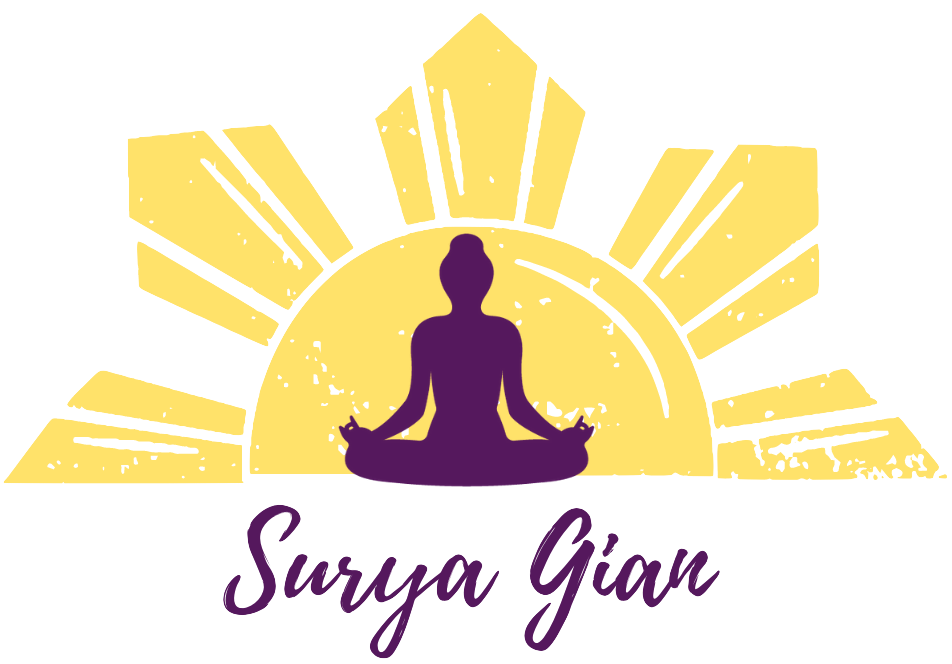Stolen Language, Muzzled Voice
“You’re so shy.”
“Oh, she’s shy.”
How many times did I hear that growing up?
It may seem like an innocuous statement, but have you ever considered that a girl who’s quiet isn’t shy but rather one who’s been muzzled, raised to believe that her voice doesn’t count?
How many times was I told to be quiet?
When I was in primary school, I always wanted to be a part of adult conversations. Being the oldest, I wasn’t really interested in talking with my brother who was just learning how to speak. I remember my dad and grandpa would sit at the kitchen table, snacking on nuts and chicharron while my lola moved about the kitchen making food. The three of them chattering away in Tagalog. The rapid staccato was music to my ears. My mom was elsewhere in the house, likely caring for my brother.
They would talk about this person they knew or the political situation back home as Marcos continued his dictatorship. I wanted to ask questions. I wanted to participate. Who were they talking about? What was happening “back home” in the Philippines? Who was Imelda and why was she obsessed with shoes? I wanted to be part of the conversation. I wanted to understand.
But every time I opened my mouth to speak, before a word even got out, I was shushed. I was told how rude it was to interrupt. Adults were talking. This was an adult conversation. I was dismissed, told to go play with my Barbies.
Then they’d go back to their conversation as if I weren’t there. They didn’t even wait to see if I left the room to play, like I was ordered to.
*
This one time, my parents had some friends over and they were speaking loudly, having a grand old time, laughing and eating. Always eating. As usual, I hovered nearby, wanting to participate. Or, at the very least, to eavesdrop. What adults talked about was so fascinating to me.
Eventually, as Filipino immigrants are wont to do, their conversation turned to their kids. They started comparing me to my parents’ friends’ kids, talking about how one excels at math and another doesn’t. How well one plays the piano and how another doesn’t. Bragging about how their children have made them proud –straight As again! And then complaining about how their children have fallen short. All in Tagalog.
Out of the corner of her eye, one tita noticed me standing nearby and chastised the others, “We shouldn’t talk about her in front of her.” My parents laughed.
“Hindi niya maintindihan ang Tagalog.”
I got so mad. I could feel my insides start to heat up like the molten lava I pretended was our family room floor. I wanted to show them.
But I could not show my anger. That was not permitted. So, I delivered my lines in a coy, playful way, as is expected of little girls.
“I do understand what you’re saying. And you’re talking about me.” I said it calmly. In the clearest English with most exact enunciation.
The adults gasped.
“She understands!” one of them proclaimed.
And yet, my parents still didn’t believe it. They waved it off, maintaining their denial that their daughter was Filipina, insisting that indeed their daughter was American.
They shooed me away. I left the room but stayed within earshot. They continued their conversation about me.
I was so angry.
Why didn’t they believe me? Why did they think I wouldn’t understand Tagalog when I lived in a house full of it?
I went to find my brother and take it out on him while the adults weren’t looking.
*
Recently, I uncovered a deep memory from my early childhood: English is not my first language.
I’ll give you one guess which is my native tongue.
My question is: when was this language stolen from me?
*
What is it like to have your voice muzzled? To have your native language stolen and replaced by one that has never felt like home? What kind of identity emerges from that? What kind of pain resides in this body?
It’s taken a lot of deep healing for me to visit these long-repressed memories and NOT get triggered. I’ve strengthened my nervous system and have built resilience that allows for me to write and share these stories. If you asked me to do this a few years ago, I’d probably do it (because, well, overachiever and people pleaser) and then hide under the covers for days, trying to recover from emotional hangover. Now, I am thriving. And I am doing the recovery work. Recovering lost memories. Recovering my native language.
I share these stories because I know what it’s like to feel like the only one suffering. To feel like the only one of anything, actually. And it sucks. Big time. I write these stories to say: I see you. I hear you. I feel you. But you know what? It’s possible to move out of it, to shift out of where you are. It’s possible to do what I’m doing with ease. It’s possible. All of it.
*
This is part of the Maverick Monday series, where I talk about healing trauma (micro and macro) through the lens of a woman writer of color (that’s me!). Each week, I’ll share a personal story from my healing journey in the hopes that others will find comfort in knowing that they are not alone. I hope that by doing this, you can see that YES! Healing—true, lasting, deep healing--- IS possible and that you can thrive in your life, living as your most authentic self without shrinking from the world. If you’re interested in making healing magic with your own pen, checkout my workshop Write to Heal, happening TOMORROW, May 4th (!) for more details.

